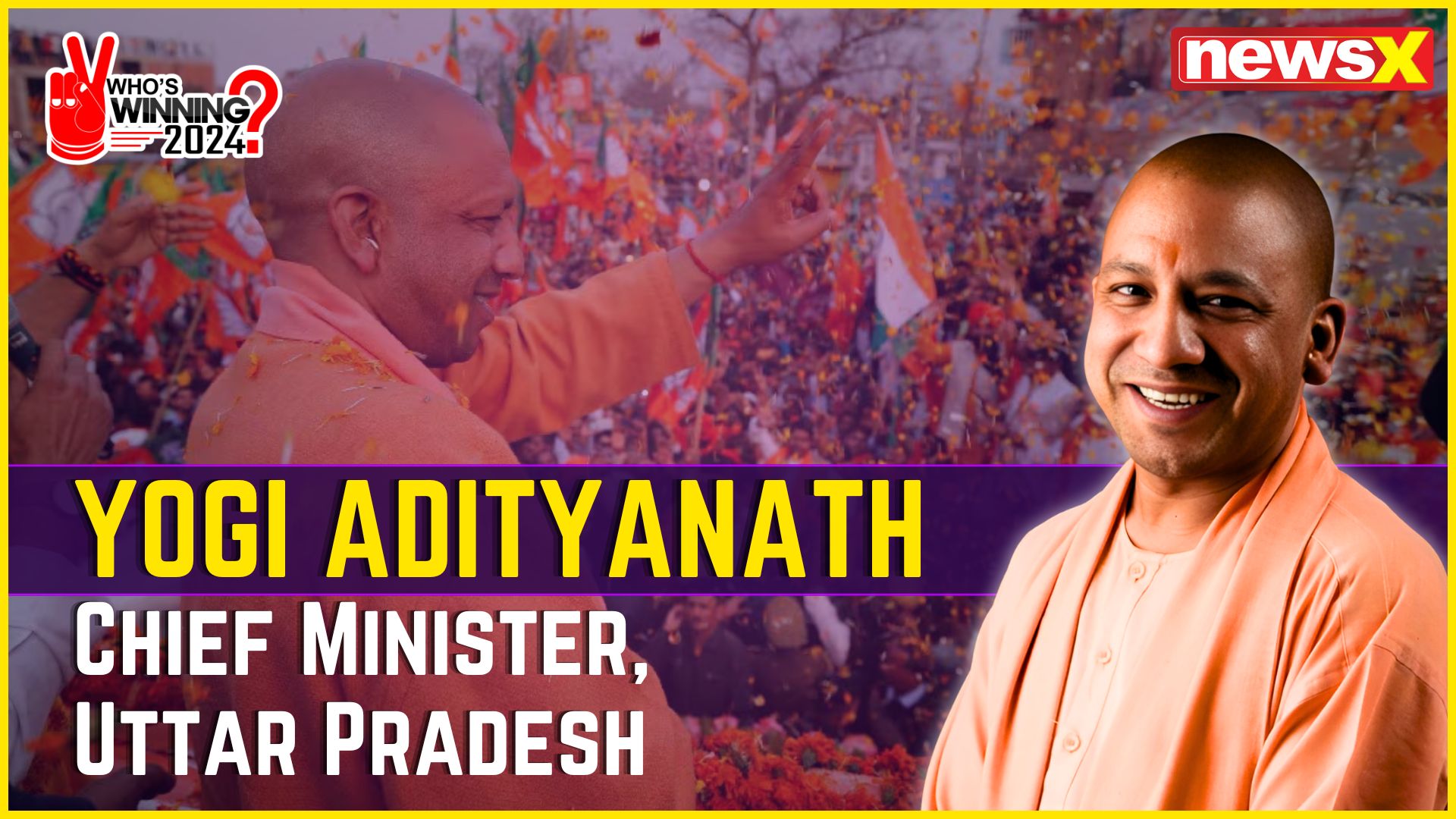Yogi Adityanath, an Indian Hindu monk turned politician from the Bharatiya Janata Party, has been a transformative figure in Uttar Pradesh since assuming office as Chief Minister on March 19, 2017.
His tenure is historically significant, marking him as the longest-serving Chief Minister of Uttar Pradesh and the first to achieve two consecutive terms. This milestone underscores his enduring influence and the sweeping changes he has brought to India’s most populous state.
Before his tenure as Chief Minister, Adityanath was a member of India’s parliament for nearly two decades, beginning in 1998 at the young age of 26, making him one of the youngest parliamentarians at that time. He represented the Gorakhpur Lok Sabha Constituency and won five consecutive terms. In 2017, he transitioned from national to state politics and was elected as Chief Minister of Uttar Pradesh. Initially, he joined the UP Legislative Council in 2017, and later in 2022, he became a member of the state Legislative Assembly after winning the election from the Gorakhpur Urban constituency.
Adityanath also serves as the mahant (head priest) of the Gorakhnath Math, a Hindu monastery in Gorakhpur, a role he assumed in September 2014 following the death of his spiritual guru, Mahant Avaidyanath. Additionally, he founded the Hindu Yuva Vahini, a Hindu nationalist organization, and is known for his image as a Hindutva nationalist and social conservative.
Yogi Adityanath’s Early Life
Yogi Adityanath, originally named Ajay Mohan Singh Bisht, was born on June 5, 1972, in Panchur, a village in Pauri Garhwal, Uttar Pradesh (now Uttarakhand), into a Rajput family. His father, Anand Singh Bisht, worked as a forest ranger. Growing up among four brothers and three sisters, Yogi Adityanath pursued a bachelor’s degree in mathematics from Hemwati Nandan Bahuguna Garhwal University in Uttarakhand.
In the early 1990s, he left his home to join the Ayodhya Ram temple movement, becoming a disciple of Mahant Avaidyanath, the then-chief of the Gorakhnath Math. During his time in Gorakhpur, Adityanath remained connected to his roots, founding a school in his ancestral village in 1998.
Following the death of Mahant Avaidyanath on September 12, 2014, Adityanath was elevated to Mahant, or high priest, of the Gorakhnath Math. Two days later, he was formally installed as the Peethadhishwar (Head Seer) of the Math in a ceremony steeped in the traditions of the Nath sect.
Yogi Adityanath’s Political Path
Hindutva Politics Heritage: Yogi Adityanath’s political lineage traces back to Mahant Digvijay Nath, who was instrumental in placing idols in the Babri Masjid in Ayodhya on December 22, 1949.
Mahant Digvijay Nath and Avaidyanath: Both leaders were part of the Hindu Mahasabha and served as Members of Parliament. Avaidyanath later joined the BJP in 1991, blending traditional Hindu nationalism with modern politics while maintaining a degree of independence.
Political Successor: Adityanath, chosen as Avaidyanath’s successor, was elected to the Lok Sabha four years after his designation.
Formation of Hindu Yuva Vahini: Post his initial electoral victory, Adityanath founded the Hindu Yuva Vahini, a youth organization active in eastern Uttar Pradesh, which significantly boosted his political stature.
BJP Tensions: Despite occasional friction over election ticket allocations, Adityanath remained a vital campaigner for the BJP.
Anti-Maoist Campaign: In 2006, he highlighted the links between Nepali Maoists and Indian leftist parties, urging Madhesi leaders to oppose Maoism in Nepal.
Convoy Attack: In 2008, Adityanath’s convoy was attacked en route to an anti-terrorism rally in Azamgarh, resulting in one death and multiple injuries.
2007 Arrest: Following religious violence in January 2007, Adityanath was arrested while mourning a victim, leading to significant unrest and the burning of train coaches by Hindu Yuva Vahini activists.
Administrative Changes: The day after his arrest, the District Magistrate and local police chief were replaced amid escalating tensions.






















